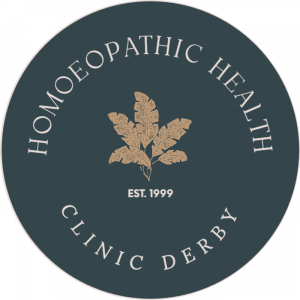Psoriasis is a skin condition that causes flaky patches of skin that are dry and covered in scales.
Your immune system is your body’s defence against diseases as it helps to fight with an infection.
One of the main types of cells used by the immune system is called a T- Cell. The T-Cell travels through the body to detect and fight invading germs, such as bacteria.
With psoriasis, skin cells mature almost 10 times faster than the normal ones and by mistake they start attacking healthy skin cells. This causes the deepest layer of skin to produce new skin cells more quickly than usual, triggering the immune system to produce more T- Cells.
The cells stack up, creating silvery scales and patches of thick, red, scaly skin on the elbows, knees, legs, scallops resulting build up of skin cells – this is what creates the patches associated with psoriasis!
It is not known what exactly causes this problem with the immune system although certain genes and environmental triggers may play a role.
Psoriasis can have a significant impact on quality of life for those more severely affected. Some may have low self-esteem because of the effect the condition may have on their appearance.
It’s also quite common to develop tenderness, pain and swelling in the joints and connective tissue. This is known as psoriatic arthritis.
How Homeopathy helps
Homeopathic medicines are extremely effective in psoriasis and these homeopathic medicines are completely natural and do not contain any chemical compounds at all.
Homeopathy is a safe and reliable method for psoriasis. It uses natural medicine which is free from side effects.
The remedies can be utilised by all age groups. They work by moderating the overactive immune system. The initial aim is to manage the itching and burning sensation in the eruptions.
In addition, healing of the current eruptions takes place along with the prevention of further spread of eruptions. Homeopathic medicines are also beneficial for joint pains that are linked with psoriasis (psoriatic arthritis).
Psoriasis Triggers
These steps can help you avoid the condition and, if you have it already, lower your odds of a flare-up.
- Seek holistic medicine – some prescription medicine can trigger flare ups
- Moisturize daily for flare ups from dry skin
- Reduce stress
- Maintain a healthy weight, include nutrients in your diet
- Expose your skin to sunlight safely to reduce inflammation & scaling
- Reduce alcohol intake
- Quit smoking as tobacco triples your risk of plaque psoriasis
Self Care
If you have psoriasis, you may find the following advice helpful.
Self care is an essential part of daily life. It involves taking responsibility for your own health and wellbeing, with support from those involved in your care.
Self care includes staying fit and a healthy weight, maintaining good physical and mental health, preventing illness or accidents, and caring more effectively for minor illnesses and long-term conditions.
People with long-term conditions can benefit enormously from self care as they can live longer, have less pain, anxiety, depression and fatigue, have a better quality of life and be more active and independent!
